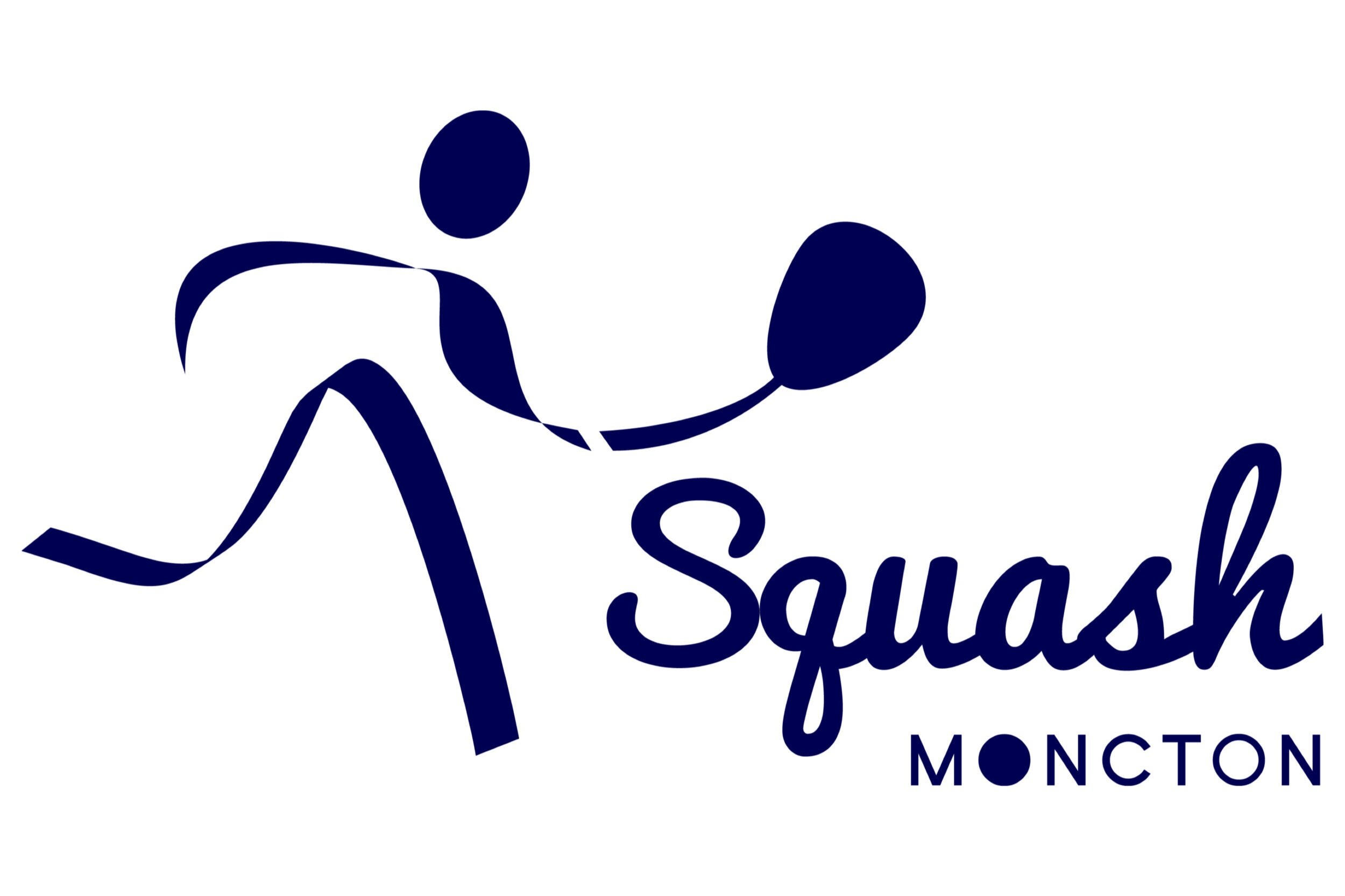How to Combat Stress Through a Fitness Regimen
If you’ve always wanted to try squash, visit Squash Moncton to sign up for a One-month trial membership, which includes lessons and equipment!
Research shows that physical fitness and activity helps to facilitate recovery from high levels of stress. What’s more, it not only provides quick stress relief, it reduces the body’s stress response long-term. When making exercise a part of your new lifestyle, you can reap long-term physical and mental benefits.
Why Exercise During Tough Times
Exercise is loaded with benefits to your mental and physical health. It offers a healthy distraction from world events and personal crises. It improves your mood because it naturally releases feel-good endorphins. Exercise improves sleep quality and quantity—both of which stress negatively affects. It can improve your sex life, raise self-esteem and give you a better sense of self-control. An added bonus of exercise? Greater Good Magazine notes it rewires your brain in positive ways, making you bolder, braver, and more sensitive to joy.
Beginner-Friendly Workouts
Pssst! Want to know a secret about squash? Anyone can do it! It’s great for all ages, and it’s been noted by Forbes as one of the top sports for cardiovascular fitness. Squash helps develop body strength and awareness, reduces stress and can be played all year round. What’s not to love?
Some other great options are Pilates, HIIT workouts, cycling classes and boot camps. There are so many incredible activities, you may fall in love with more than one!
The Spice in Life
If an organized gym doesn’t appeal, there are in-home or park-friendly activities that will also get your blood moving and help to heal your mental and physical health. Choose activities you enjoy—and if it loses its luster after a while, pick a different activity.
Jogging or running, walking, hiking, biking, boxing, skiing/snowboarding, tennis and golf are all great options. The lower-impact activities such as yoga, tai chi and swimming gently introduce bodies that have been sedentary to activity more gradually.
Motivational Tools
Everyone has days they don’t want to exercise. Happily, variety isn’t the only way to keep your motivation strong. Another way to boost motivation is to simply put on music. As Progressive Impact notes, studies show music helps to boost mood and can shift your personal perspective on the world. Turn up your favorite uplifting playlist, and let the beat get you moving!
A fitness tracker can also be a boon. Many come with built-in coaching tools to help remind and inspire you, and they can help you with goal setting as well.
Improving Mental Health
Participating in activities designed to improve mental health is critical for handling stressful situations. Activities you can do to improve your mental health include:
● Explore options to reduce the stress in your life. Stress leads to irritability, depression, anxiety, and anger, plus it compromises already struggling immune systems and overall health. In addition to fitness, ways to reduce stress include cleaning out and organizing your home, a daily walk or journaling.
● Mindful meditation helps to reduce stress by teaching you to focus on the present moment and raises self-awareness.
● Mindful breathing reduces stress by reducing cortisol levels and sends more oxygen to your brain thus facilitating calm and clarity.
Maintaining a healthy routine
Routines are extremely useful for thriving during difficult times. They provide structure, familiarity, stability, and comfort. Dropping old, unhealthy habits and cultivating new, better habits and patterns makes it easier to make good choices. Develop habits or routines that support your current strengths and abilities. If you’re early in your fitness plan, it’s probably unrealistic to expect that you can exercise every day for an hour. Start small and adjust those routines as your strength increases.
As you’re creating your new routine, include activities that will strengthen your overall well-being. Keep your expectations realistic. Track your progress and adjust or make changes. A routine is meant to be a tool, so keep it well-balanced, and you’ll create a lifestyle that helps you thrive.
